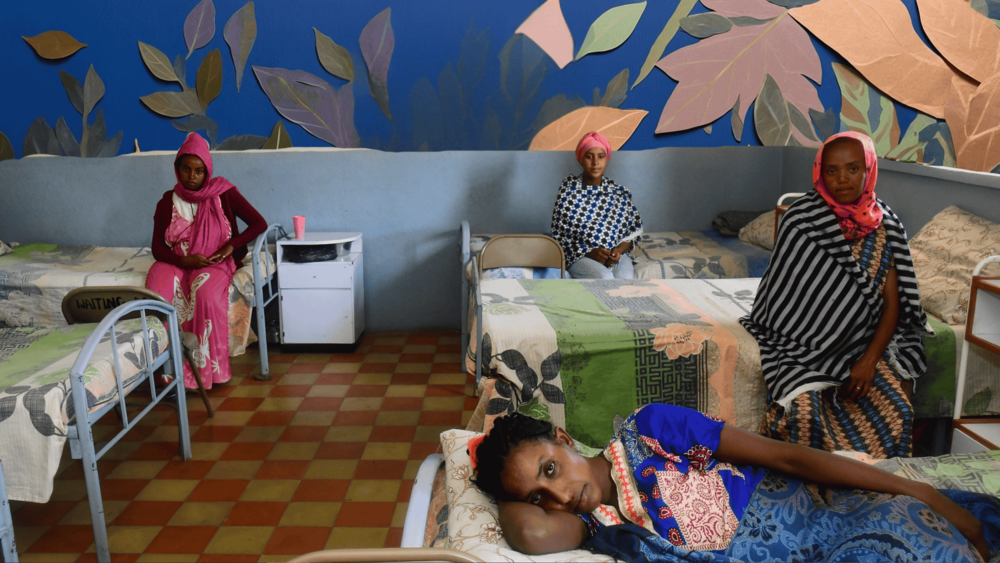Let’s end obstetric fistula by addressing the root causes and ensuring access to life-saving emergency obstetric care
By Yousuf Alrawi

Lemlem had been staying at the National Fistula Center in Mendefera, Eritrea for two years when I met her, a young woman whose life like that of many others in our region had been upended by obstetric fistula, limiting her ability to move freely and care for her family, yet she carried herself with quiet dignity.
Married young, Lemlem became pregnant quickly after getting married. Far away from a health facility, she could not attend antenatal care visits. She started giving birth at home, but after 24 hours of being in labour, she grew concerned about the well-being of her baby. She was taken to a government health facility to seek medical care. When she finally arrived, the doctor could not hear the baby’s heart.
Lemlem told me that soon after this, she started passing urine uncontrollably and after struggling with this for months, the midwife told her that she has obstetric fistula, describing how she was unable to have a normal life as a result of her condition. She explained that she couldn’t go out, meet her friends, or care for her family. I heard dozens of stories like hers - personal narratives of women who, unable to access quality emergency obstetric care, faced life-threatening complications that often resulted in obstetric fistula.
Obstetric fistula is an abnormal opening between the vagina and bladder and/or rectum through, which the urine and feces continually leak. It can be significantly avoided by ensuring access to timely emergency obstetric care and midwifery care.
The National Fistula Center in Mendefera with support from UNFPA attends to fistula survivors. Many of the women yearn for independence and a sense of normalcy.
Access to obstetric fistula surgery has improved in the region, however, numerous women continue to face physical and psychological challenges post-fistula repair in resuming prior roles or adjusting to new circumstances. UNFPA has been at the forefront of addressing this, launching the global Campaign to End Fistula, now active in more than 55 countries. This campaign works to prevent and treat fistula and to rehabilitate fistula survivors.
Lemlem was able to get the surgery she urgently needed and heal. She returned to her family and community with the skills she received at the fistula center through the vocational training supported by UNFPA. Lemlem’s story is a positive one, yet many women still live with this condition.
Worldwide, there are 500,000 women living with obstetric fistula, a completely preventable and treatable condition. This is a direct consequence of persistent inequities and inadequate sexual and reproductive health and maternal and newborn healthcare.

We need to address the root causes. Obstetric fistula can largely be avoided by delaying the age of the first pregnancy, by the elimination of harmful traditional practices such as child marriage and female genital mutilation, and by timely access to quality obstetric care, especially cesarean section. Issues such as child marriage, female genital mutilation, early unintended pregnancies and unmet needs for sexual and reproductive health services, including contraception, need to be addressed.
Achieving universal access to sexual and reproductive health and rights is key to ensuring that women and girls at risk of or suffering from obstetric fistula are not left behind. In the East and Southern Africa Region, UNFPA is actively engaged in prevention efforts by strengthening midwifery and expanding access to emergency obstetric care - critical steps in a broader push to advance sexual and reproductive health and rights.
We must invest in quality maternal health services, end harmful practices, and ensure that no woman is left to suffer in silence from a condition that should not exist in the 21st century.


